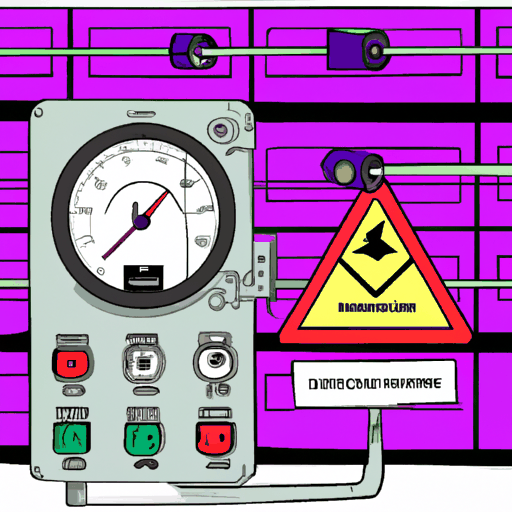
Understanding Ethereum's Proposed Gas Limit Cap: EIP-7983
By: Eliza Bennet
Ethereum co-founder Vitalik Buterin and Ethereum Foundation researcher Toni Wahrstätter have introduced a noteworthy proposal, EIP-7983, aimed at addressing network security and stability through a cap on maximum gas usage for single transactions. This cap is proposed to be set at 16.77 million gas, markedly lower than previous propositions, such as EIP 7825's 30 million gas cap. The primary motivation for this proposal is to safeguard Ethereum from potential denial-of-service (DoS) attacks that exploit high gas transactions.
The current Ethereum setup allows individual transactions to utilize the entire gas limit of a block, posing risks of network vulnerability and load imbalance. The introduction of a transaction gas cap mandates that larger transactions be split into smaller parts, promoting performance consistency and cost predictability. This is particularly beneficial for complex transactions like advanced DeFi operations and contract deployments, which require substantial gas.
EIP-7983 proposes the gas cap at 16.77 million as an optimal limit, ensuring that significant transactions remain executable without compromising network performance. Moreover, this cap aims to facilitate smoother participation in distributed proving systems and improve zkVM circuit designs, ultimately leading to more equitable gas allocation and predictable validation processes. The adoption of EIP-7983 is anticipated to mitigate disruptions caused by high-gas transactions, eliminate tail latency issues, and provide a stable and efficient Ethereum ecosystem.
For additional insights, read the Ethereum security and stability proposal.



